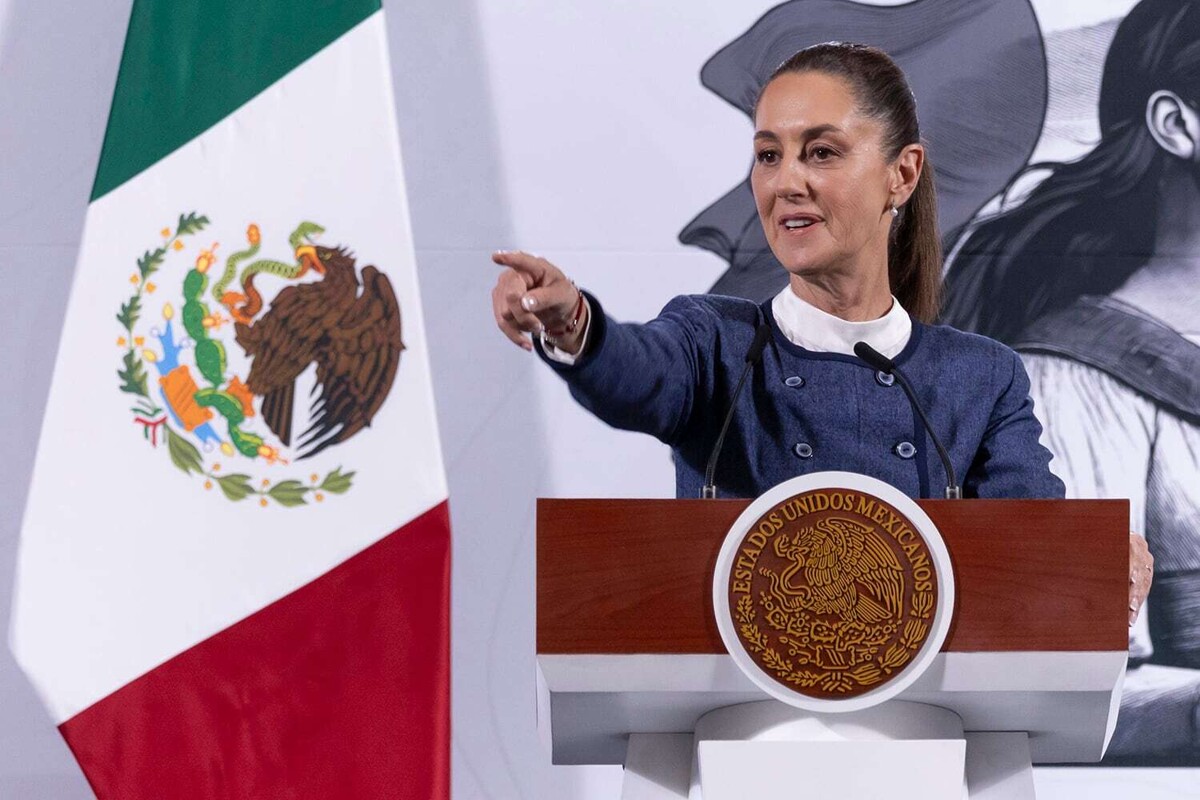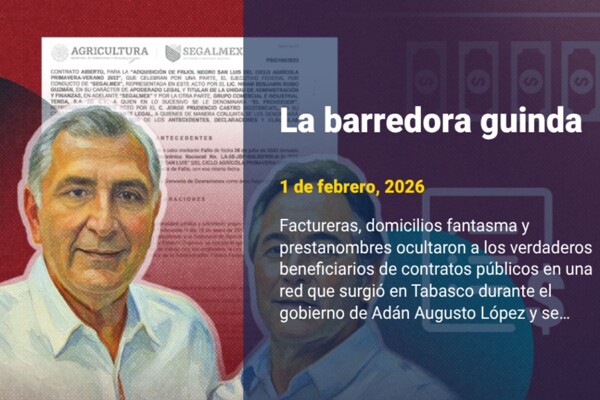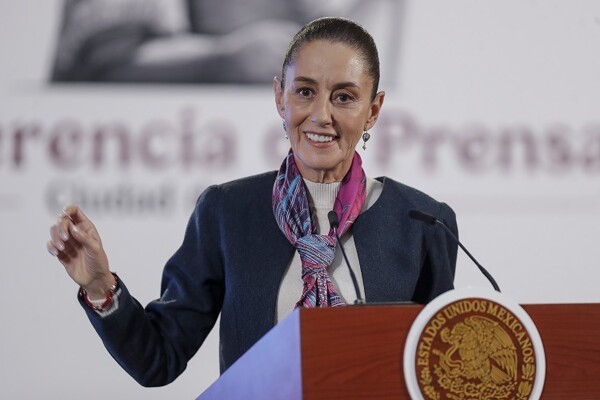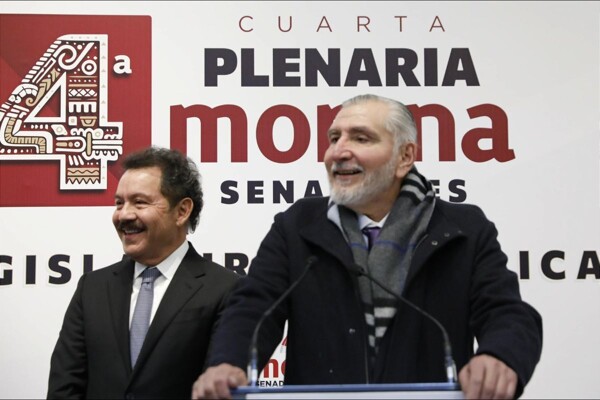
The Senate of the Republic approved a reform to prohibit electoral nepotism in Mexico, a measure considered a step forward in strengthening democracy in the country. However, the president of Mexico tried to curb nepotism but was overruled by her own senators, highlighting that in Morena, important decisions are made in other spaces.
In light of this situation, the National Action Party (PAN) has expressed its demand for the reform to take effect immediately to prevent governors from getting away with it in the future. Additionally, the president has been sanctioned by the National Electoral Institute (INE) for alleged undue in-kind contributions, which could directly impact the upcoming state elections.
The postponement of the reform's implementation until 2030, decided by Morena yielding to the pressure from the Green Party of Mexico (PVEM), has generated criticism and called into question the authority of President Claudia Sheinbaum within her party. This action contradicts the official rhetoric against corruption and favoritism.
The initial initiative to prohibit nepotism had consensus, but the decision to delay its implementation has left cases of unchecked privileges. For example, various relatives of politicians have been pointed out for illicit acts or ethical questions and could run for future positions without restrictions.
The National Action Party has denounced this situation as a simulation that perpetuates dynastic control in the states governed by Morena. Furthermore, there is a need to take real measures to combat impunity, strengthen institutions, and restore trust in the justice system in Mexico, instead of postponing vital reforms for democracy.














